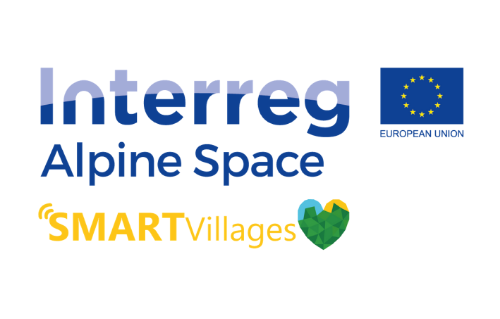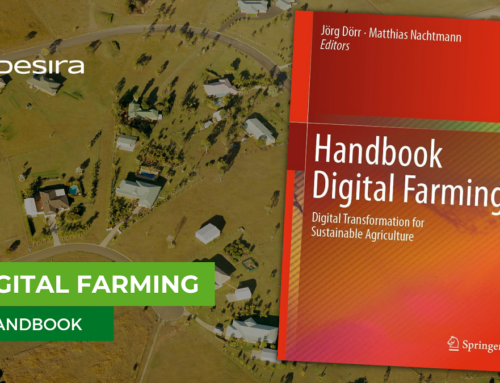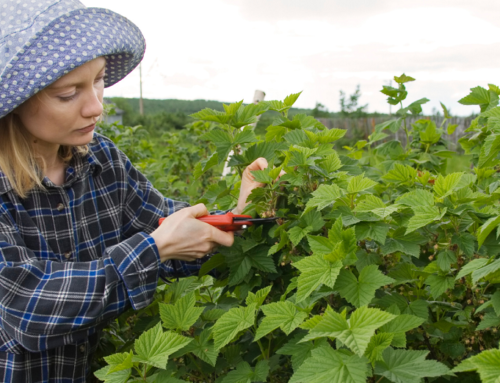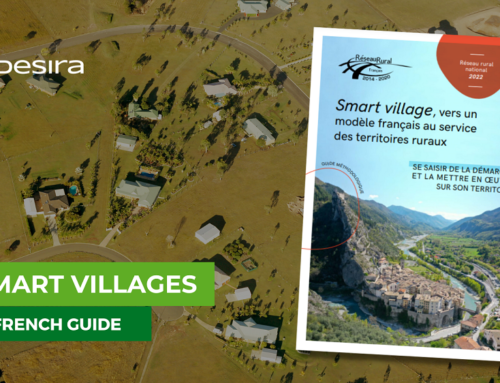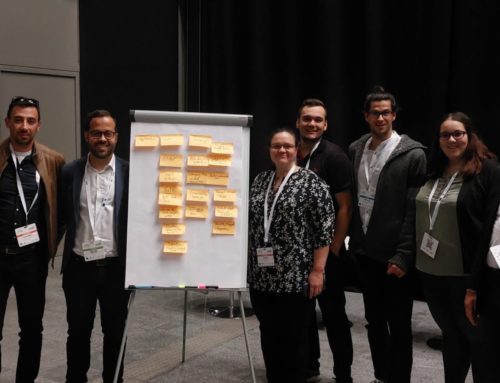On 29 April 2021, the Interreg SMARTVillages project held its final conference. The aim of the event was to inform about the project results, especially the insights into SmartVillages test areas and the success factors of the pilot activities. During the conference , the “Digital Exchange Platform” (DEP) and the Smart Villages Digital toolbox developed during the project were also presented.
The SMARTVillages project involved 13 partners in six Alpine countries that, since April 2018, worked on the digital transformation in rural areas. The project objectives were: (i) initiate understanding and mutual learning on the Smart Villages (SV) Ecosystem; (ii) facilitate innovation through the development of tools and transnational exchange; and (iii) raise awareness for a SV Policy.
The project has applied a Smart Villages (SV) approach to bring together nine Regional Stakeholder Groups (RSGs), formed by policy makers, business, academia and civil society.
Gianluca Lentini (Poliedra – Politecnico di Milano) indicated Smart Villages can conceive themselves as active “player” in shaping their own future, to maintain rural and mountain areas livable, alive and attractive for all generations.
Test Areas have organised and animated the RSGs involving local actors. Furthermore, the Test Areas have cooperated in creating the Smartness Assessment procedure and have evaluated their own level.
The SMARTVillages project has contributed to better framework conditions for innovation through the “Digital Exchange Platform” (DEP) which allows any “village” to self-assess its level of smartness. The tool includes six dimensions of smartness: Environment, Mobility, Governance, People, Economy and Living.
In addition, the project has created a Smart Villages Digital toolbox that helps to resolve local challenges by empowering communities in development and decision processes.

